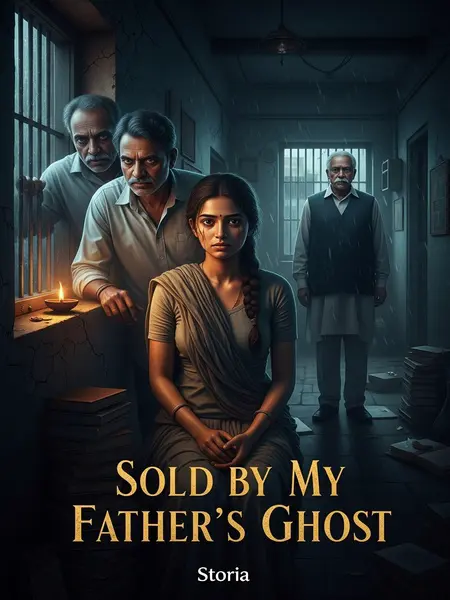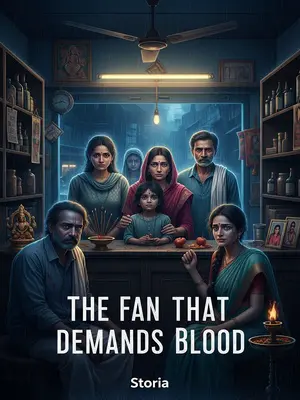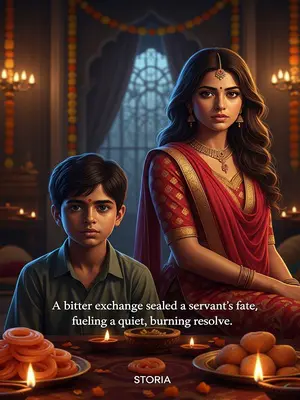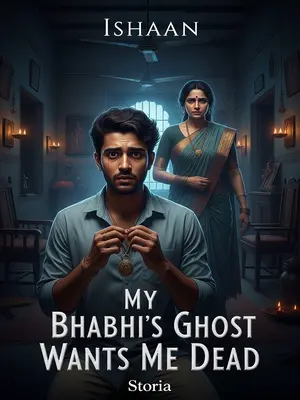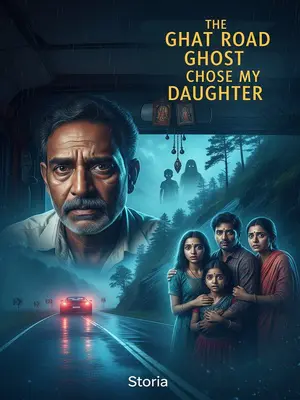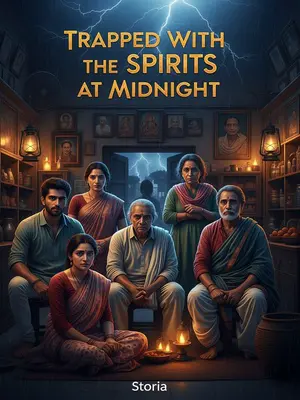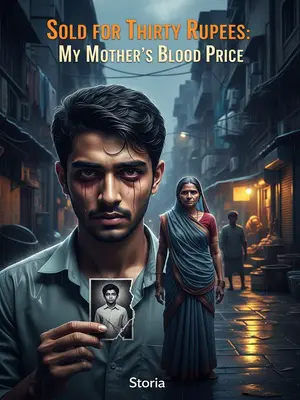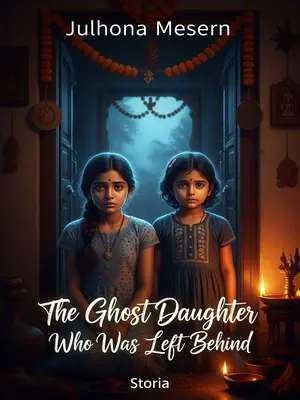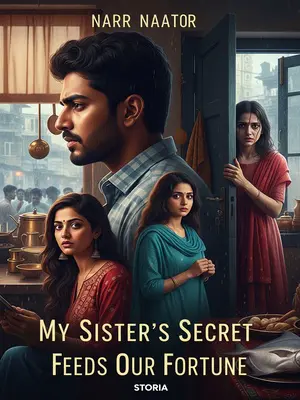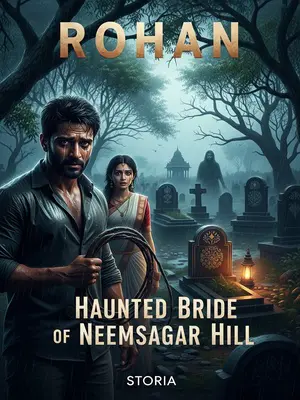Chapter 6: Fever and Delirium
The wandering spirit’s negative energy was too strong.
As soon as he let go, my head spun and my vision blurred. It felt like I’d caught the evil eye—or worse, a curse from a jealous neighbour.
That brief touch left me feverish and weak.
I collapsed onto the charpai, shivering, teeth chattering though the summer heat was stifling. The charpai creaked beneath me, sweat pooling on my brow. The air was thick with the scent of old incense and sticky heat, radio static buzzing in the distance.
That night, my fever soared.
The walls seemed to close in, the world spinning around me. I tossed and turned, delirious with thirst. Distantly, I heard the azaan float in from the mosque, blending with the clang of a temple bell and the voices in my dreams—Indian sounds anchoring me to this world.
By dawn, I was too weak to rise.
My limbs felt heavy, my mouth dry as dust. The ceiling fan’s slow whir sounded far away. I closed my eyes, letting darkness take me.
There was no sound from the spirit’s room—he must’ve gone wandering again.
Only silence. The house felt emptier than ever. Was I already halfway to the other side?
Go on, go on.
If this was the end, so be it. I thought of Ma, her lullabies at night, her cool hand on my brow. Maybe soon I’d see her again.
Father, Mother, your child is coming.
In my mind, I saw them waiting at the riverbank, waving me over. My heart ached, but I couldn’t move.
I slipped into dreams—Ma and Father stood before me, one in a dark kurta, the other in plain white, faces blurred but familiar. Ma’s voice was soft as the first rain on dry earth.
Just as I was about to follow them, the spirit barged into my dream.
He stormed in, waving his arms, scattering the misty figures like leaves in a monsoon.
“Doctor Saab! Mera bachcha, please dekhiye—bukhar dimaag na pakad le!”
His voice rang out, sharp and desperate. I cracked my eyes open.
The world swam, but I made out two figures—one stooped, white beard, the other wild-eyed and anxious.
It was Dr. Salim Uncle, from two villages over—his battered bag and eucalyptus smell familiar from when Ma was sick. His fees were never cheap; we’d pawned Ma’s payal for medicine, the memory still stinging.
“Bachcha ne sardee pakad li. Yeh dawa de do, dekhte hain.”
His voice was calm, practiced. He measured out a dose, hands steady.
The spirit paid him with shiny coins, bowing his head.
He asked, “Dawa kaise banate hain? Sikha dijiye.”
Dr. Salim showed him, using our old steel tumbler. “Ubal ke thanda karo, ek ek ghoont do.” The scent of herbs filled the air.
I felt strange inside.
Why would a spirit go through all this? Was there some hidden reason?
If I died, no one would know who he was. Yet he stayed, worried.
Wait—where did the money come from?
We had nothing left. I tried to sit up, searching his face, but the effort made my head spin. I promised myself: if I got better, I’d ask him.
